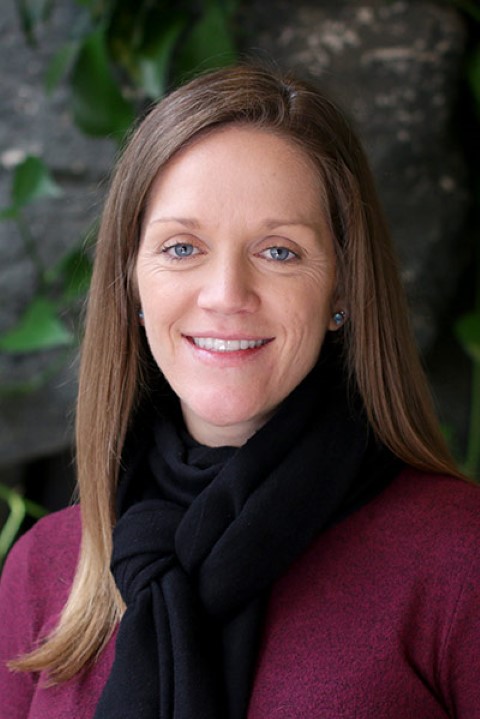- Thought Leadership

Natalie Foxworthy
Director, Global Programs
And with the challenges a global pandemic introduced this year, the ability to listen, tune into what’s needed most right now in the communities we serve, and then adapt, became all the more critical.
If you’re a leader, whether in the for-profit or nonprofit space, maybe you can relate?
At Children International, a global humanitarian organization that invests in children and youth, we work to end poverty. That’s a pretty powerful motivator to make changes and pivot when the world demands it. I have the privilege of leading a global team of health, education, empowerment and youth employability program experts. The team’s capacity to observe, listen carefully and adjust quickly in response to our kids’ needs during the pandemic expanded our focus to include mental well-being.
.
In October, we shine a spotlight on both mental health and poverty eradication: World Mental Health Day, Oct. 10; International Day for the Eradication of Poverty, Oct. 17. While these global awareness days are observed separately, at Children International, we see the need to grow awareness of the correlation between mental health/well-being and poverty. Clearly, these two issues are intertwined beyond their place on the October calendar.

Natalie, second from right, at a meeting with Latin American Empowerment program coordinators, at our Kansas City, Missouri, headquarters.
Listening to our children and families this year, we learned that helping people care for both their physical and psychological well-being has never been more critical. Shortly after COVID-19 began forcing closures of our 67 community centers around the world, our families told us that they were struggling with emotional well-being. Thanks to an innovative pilot project we launched in 2017 in Jalisco, Mexico, and Kolkata, India, we had the blueprint for an effective program. The program was initially focused on helping children build resilience and develop skills to bounce back from adversity. We quickly modified it for remote participation and rolled it out globally in June to help children, youth and families cope with the additional stressors compounded by living in poverty during a pandemic.
For much of the world, it has been challenging to maintain a sense of optimism and hope this year. I’ve been inspired and humbled by the resilience and courage of our children and their families. Yalile, a volunteer mother in Ecuador, stands out in my memory. She began experiencing severe anxiety and depression as the virus closed schools and her husband lost his job. With emotional support from our staff and other volunteers, Yalile regained her balance.
As she told one of our teammates, “During the time when I felt so bad, I received a lot of support to help me see that my children depend on my help and that I am a strong person. I continuously received calls from Children International staff who never abandoned me.”
Static solutions and strategies don’t sustain or enlarge any business, especially not the business of eradicating poverty. This global pandemic is forcing us all to reexamine how we do things, from how we work and live to how we move ahead, shaping the kind of world we want our children to live in.
